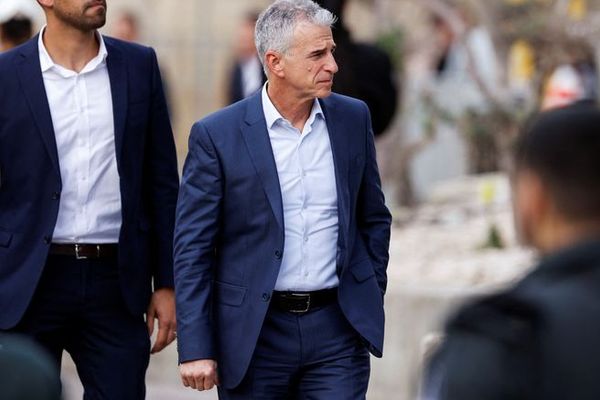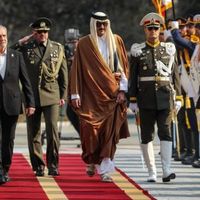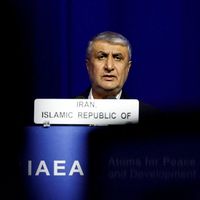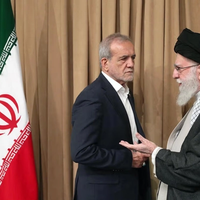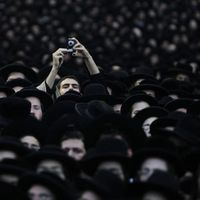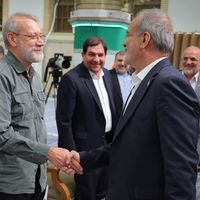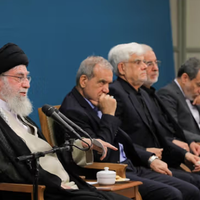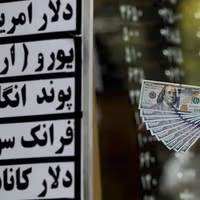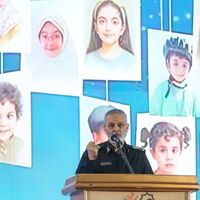Police spokesman Saeed Montazeralmahdi told state media the arrests followed 7,850 reports to the national emergency line 110. “The 41% increase in public calls and the arrest of 21,000 suspects in the 12-day war shows the high level of vigilance and participation of the people in ensuring security,” he said.
Montazeralmahdi said officers had set up more than 1,000 tactical checkpoints across the country during the conflict, deploying over 40,000 police for round-the-clock road and site security.
He said security forces thwarted “field conspiracies by the enemy,” including the disruption of a planned gathering in Tehran’s Palestine Square.
The police spokesman also reported the detention of 127 escaped prisoners during an incident at Evin prison, and the seizure of unexploded bombs.
Authorities detained 2,774 undocumented foreign nationals, finding 30 “special security” cases through phone checks, and arrested 261 people on suspicion of espionage and 172 for alleged unauthorized filming, he added.
However, Judiciary Chief Gholamhossein Mohseni Ejei had given a far lower figure, saying that “around 2,000 people” were arrested during and after the conflict, some of whom face the death penalty on charges of “organizational collaboration with the enemy.”
“In our law, anyone who cooperates with a hostile state during wartime must be arrested and prosecuted,” Ejei told state TV late in July. He said some detainees had been released after investigations found no evidence of espionage, while others were freed on bail but remain under suspicion.
The judiciary says trials are being fast-tracked under wartime procedures.
UN experts, including the special rapporteur on human rights in Iran, have urged Tehran to halt what they called a “post-ceasefire crackdown,” citing the arrests of hundreds of journalists, rights defenders, social media users, foreign nationals – particularly Afghans – and members of Baha’i, Kurdish, Baluchi and Ahwazi Arab minorities.
Iran Human Rights, an Oslo-based NGO, said 21 people were executed during the June conflict period, including six accused of spying for Israel.
The arrests come as President Masoud Pezeshkian’s government faces a backlash over internet restrictions imposed during the war and a now-withdrawn cybercrime bill that critics said would have criminalized dissent.
The draft law, “Combating the Dissemination of False Content in Cyberspace,” proposed prison terms, fines and bans for online users, with harsher penalties during “crisis or wartime.”
Government spokeswoman Fatemeh Mohajerani said last month the cabinet withdrew the bill “in line with national cohesion and on the president’s directive.” Critics argued its vague language, including phrases such as “distorted, misleading, and harmful to public perception,” would have enabled arbitrary prosecutions.

